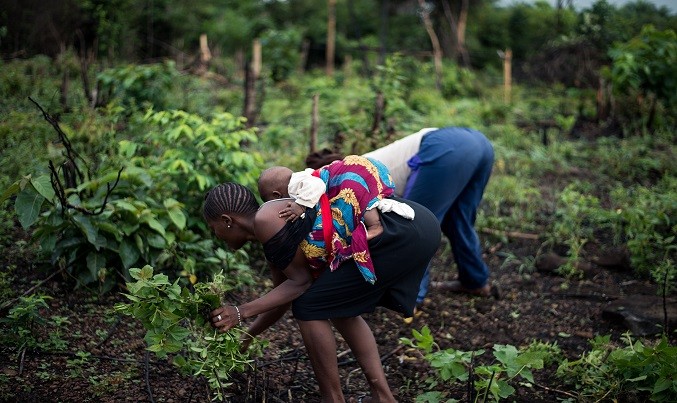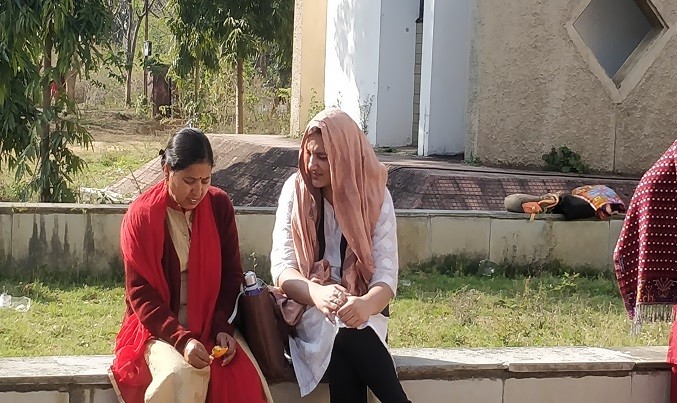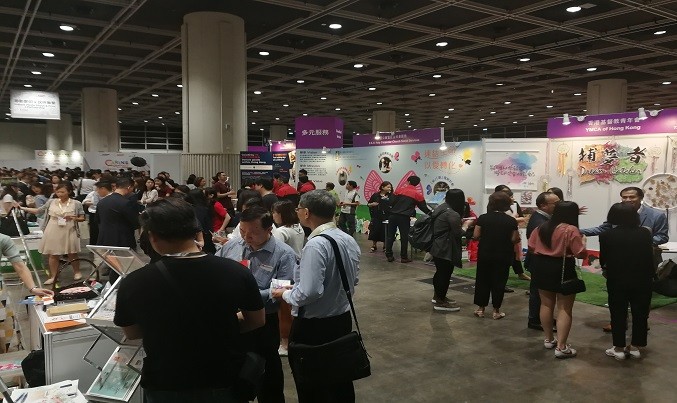When seeking the help of people who don’t know you well, it is important to consider what makes a good giving experience, writes Anoj Viswanathan.
According to the CAF Global Giving Index 2018, more than half the people in the world report helping a complete stranger. Yet we often wonder whether the kindness of strangers is real, and hesitate before soliciting the help of someone we don’t know. With the internet shrinking the world, it is now easier to help a stranger and conversely, seek help from one.
The top five countries on the Global Giving Index being Libya, Iraq, Kuwait, Liberia, and Sierra Leone; so it seems that helping a stranger is not dependent on economic factors. At Milaap, we see this every day with our campaigns for medical emergencies. In fact, on Milaap, around 80% of the people contribute towards individual campaigns compared to 20% towards campaigns benefiting an organization. While urgent needs such as disaster relief and medical emergencies are obvious recipients of the kindness of strangers, they are by no means the only campaigns that strangers contribute to.
Several other factors contribute to a fundraiser’s success: the personal network of the campaign organizer and the effectiveness with which they spread word about their cause using instant messaging, social media or any other activities.
Let’s try and understand this phenomenon further, especially within the context of online giving.
First things first, people are good. Empathy is natural to human beings. We have all helped a stranger in some way or the other, whether it was a hawker or a person at a signal, or by contributing to relief groups during natural disasters. When it comes to organized giving, if given a credible avenue and a genuine cause, people do come forward to help another person in need.
Altruism does need to feel rewarded. This means that even when people help with no expectations of their own, they must be shown the difference their participation has made. One of the major factors that encourages people to give again is the fact that they have received an acknowledgement and update on the progress of the cause they have supported.
Yes, a few thousand dollars could have been collected to help victims in the aftermath of a natural disaster, but it always helps to tell donors exactly how many families were rehabilitated, how many houses were rebuilt, etc. It is important to be accountable for every penny received as help, no matter how large (or small) the total amount collected is.
In case of medical campaigns, updates are essential regardless of the success of the treatment.
Communities are crucial. People have their own reasons for their generosity. Communities are crucial to gathering help. People are more susceptible to give when they identify themselves as part of a community, i.e, share a common factor with the person in need. For instance, although it’s been over a decade since I graduated from college, I would still stop at any post that mentions my college or department. If the person in need is a passionate rider, it may be a good idea to extend the news of their need to online and offline groups for bikers and riders.
Convenience does matter. Donors could need hand-holding too. A large part of the donor’s trust comes from how much you respect it. Since a donation is only an explicit expression of emotion, most donors would not wait forever to have their queries and problems resolved. While every popular mode of payment must be available to donors, the process of making a contribution must be simple, and all attendant security ensured.
And lastly, always remember you are only an enabler. While your brand or name might be the primary reason for a donor’s trust, you are never the reason why the donor is giving. It is important to give donors a clear, simple way to directly communicate with the beneficiary. Moreover, being the medium that connects the giving and receiving parties, it is almost crucial to encourage communication, especially on the beneficiary’s end. Ensure that beneficiaries celebrate milestones and share progress and thank you notes with donors directly.
The kindness of a stranger is a real and beautiful thing, but it is important to understand that most strangers have their own motivations behind giving. Knowing and respecting that, we must never, call existing donors over the phone or arbitrarily take their time for further help. A better way to go about it would be to earn their trust by being very prompt with any needs/queries they could have, ensuring they receive updates on the progress of causes they have supported before, and take their feedback very seriously to ensure their experience is seamless.











